Tuesday, May 7, 2024
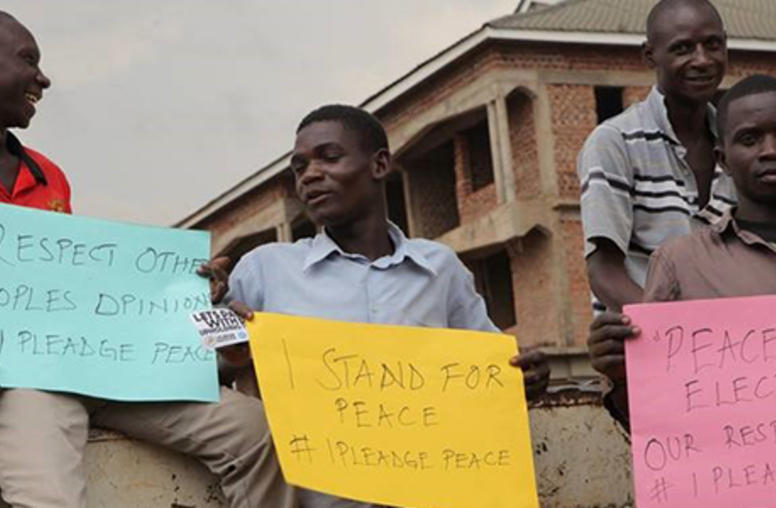
Uganda’s Pre-Election Violence Spurs USIP-Trained Youth to Act
Two Ugandans, Hassan Ndugwa and Nulu Naluyombya, are campaigning to ensure that this month’s elections challenging President Yoweri Museveni’s 30-year rule are peaceful, even as the government has arrested critics and opposition party workers. Drawing on concepts and skills of dialogue, storytelling and active listening that they learned in USIP’s Generation Change Fellows Program, the two estimate their message has reached 20,000 people.
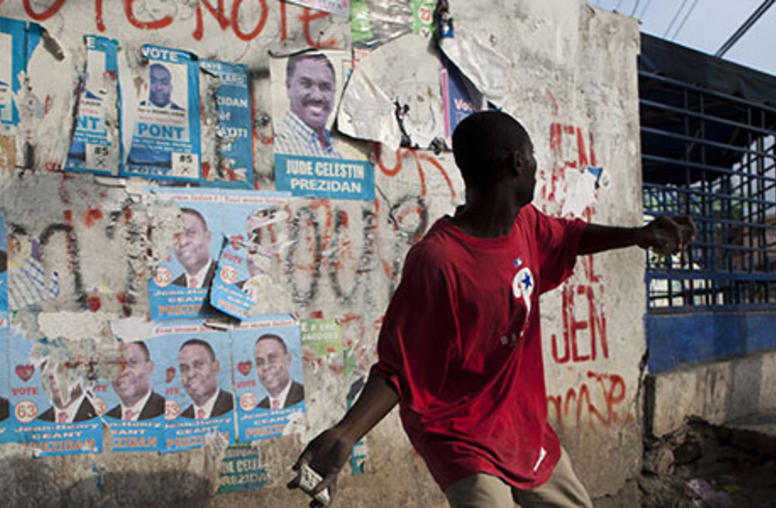
Electing Peace: What Works in Preventing Election Violence
The ongoing tension and turmoil in Haiti, Uganda, and Macedonia once again demonstrate the complex relationship between elections, democratic stability and peace. Peaceful elections help create the foundation for stable political transitions. But in poorly governed states, elections often trigger violence and intimidation.
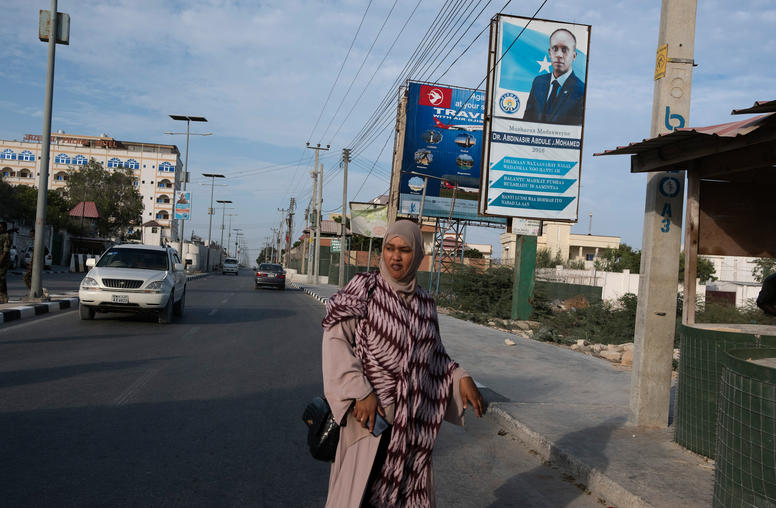
Somalia’s Peaceful Presidential Handover Bolsters Hope
A Washington D.C. taxi driver from Somalia reflected the mixture of relief and trepidation among his countrymen back home and other observers the day after the country’s latest momentous election last week. “My heart is smiling,” he told me after I’d greeted him with some of the few words of Somali that I know. But our conversation soon turned, naturally, to the hurdles yet to come for a strategic but struggling coastal sliver along the Horn of Africa.
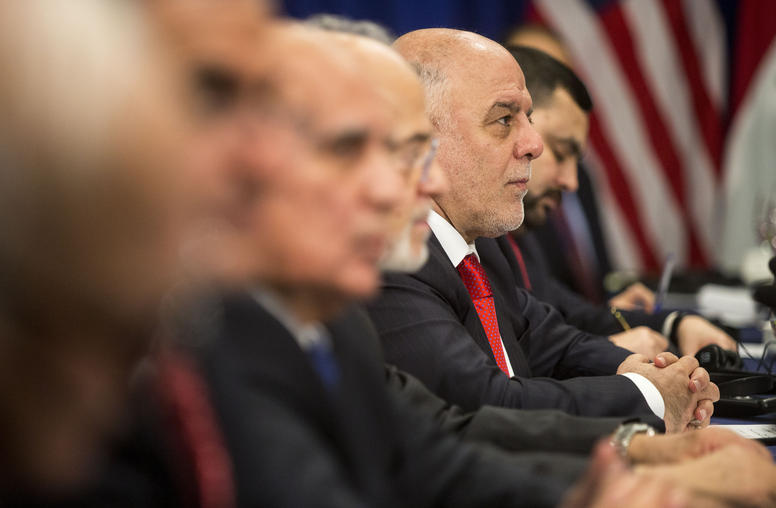
Iraq’s Electoral Cycle Threatens Political Talks (Video)
Political reconciliation risks getting lost in sectarian electoral competition, says Sarhang Hamasaeed, the director of Middle East programs at USIP, in a new video. That makes it urgent for the international community to help Iraqis navigate not only the military operation, but also political talks.
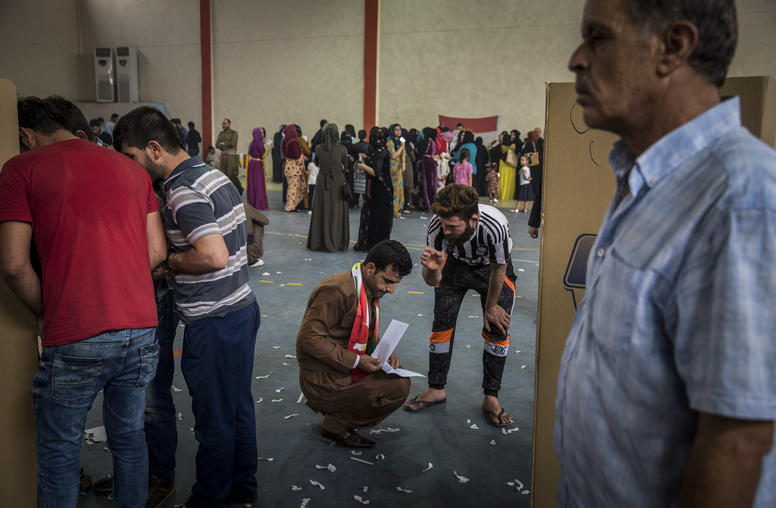
Iraq Danger Grows After Kurdistan Independence Vote
Iraqi political leaders in Baghdad and Erbil, the Kurdistan regional capital, have escalated their rhetoric this week, as Kurdish officials reported 92 percent approval of the Sept. 25 nonbinding vote on independence for the region. The verbal volleys and intensifying actions risk triggering another outbreak of violent conflict.
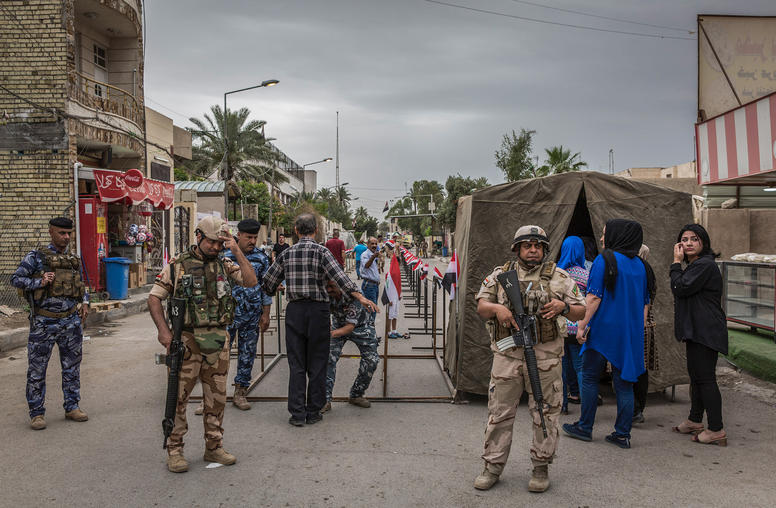
When are Elections at Risk for Violence?
Elections Wire is a new monthly resource from the U.S. Institute of Peace with news and analysis on elections at risk of violence. The challenge we aim to address is simple: Elections in emerging democracies or countries with ongoing or recent violent conflict are often associated with a unique risk of election violence.
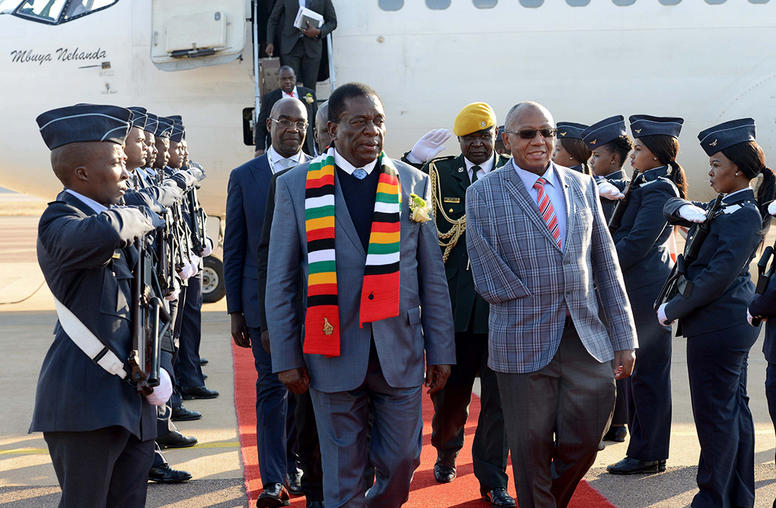
Military Crackdown Mars Zimbabwe’s First Post-Mugabe Election
Over 80 percent of eligible voters participated in Zimbabwe’s July 30 polls—a tense, reasonably competitive, and possibly historic election. After 37 years of authoritarian rule under former President Robert Mugabe, there was hope for a break with the past, with a halt to the political oppression of opposition members and civil society. But fears loomed large of a return to tyranny when protesting opposition members faced a violent response by the Zimbabwean army shortly after Election Day.

USIP Explains: How Religious Freedom Promotes Peace and Security
In almost every society, religious belief can guide the actions of people in both positive and negative ways. For peacebuilders, it’s important to understand the religious landscape in communities affected by conflicts and violence. USIP’s Knox Thames discusses how promoting openness to freedom of thought, conscience, religion and belief can help de-escalate violence and lead to better stability and security.

The Latest @ USIP: Grassroots Efforts to Address Sudan’s Humanitarian Crisis
More than half of Sudan’s population of 46 million is in need of humanitarian assistance -- and less than a quarter of them are actually receiving aid amid the country’s civil conflict. Sara Pantuliano, the chief executive for the Overseas Development Institute, discusses the current crisis in Sudan, why Sudan is important for global peace and how grassroots organizations in the country can help deliver aid to places that international organizations cannot reach.
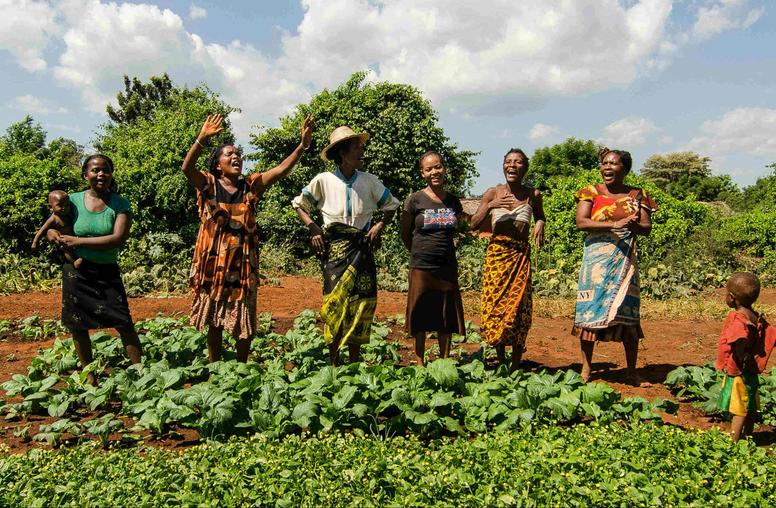
Marking Progress on International Women’s Day
The annual celebration of International Women’s Day engages citizens from all corners of the globe to recognize how far women have come in society—and how much more needs to be done. Next year marks the 20th anniversary of the implementation of U.N. Security Council Resolution (UNSCR) 1325, a time for the international community to analyze the impact of the Women, Peace and Security (WPS) Agenda.
